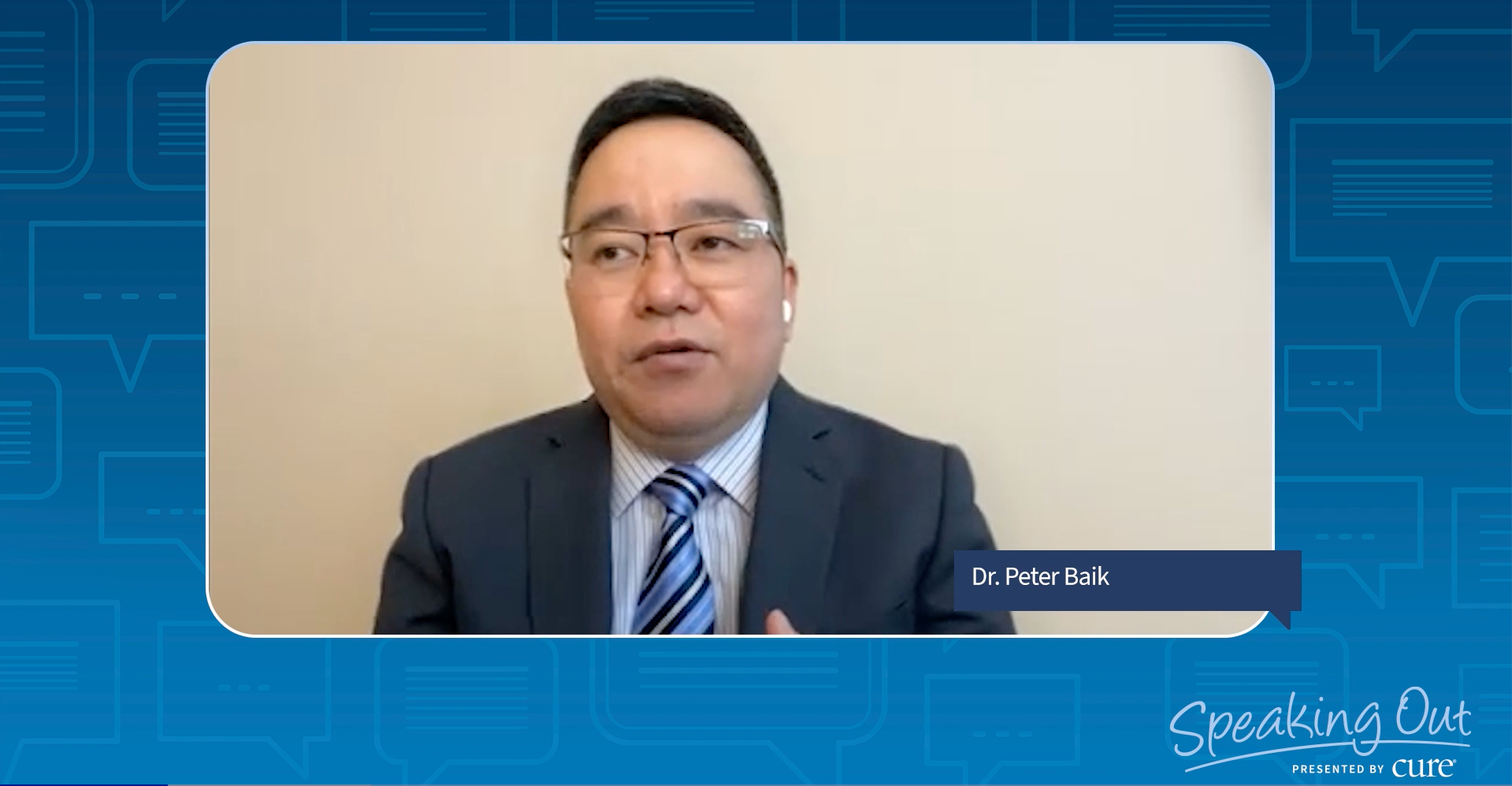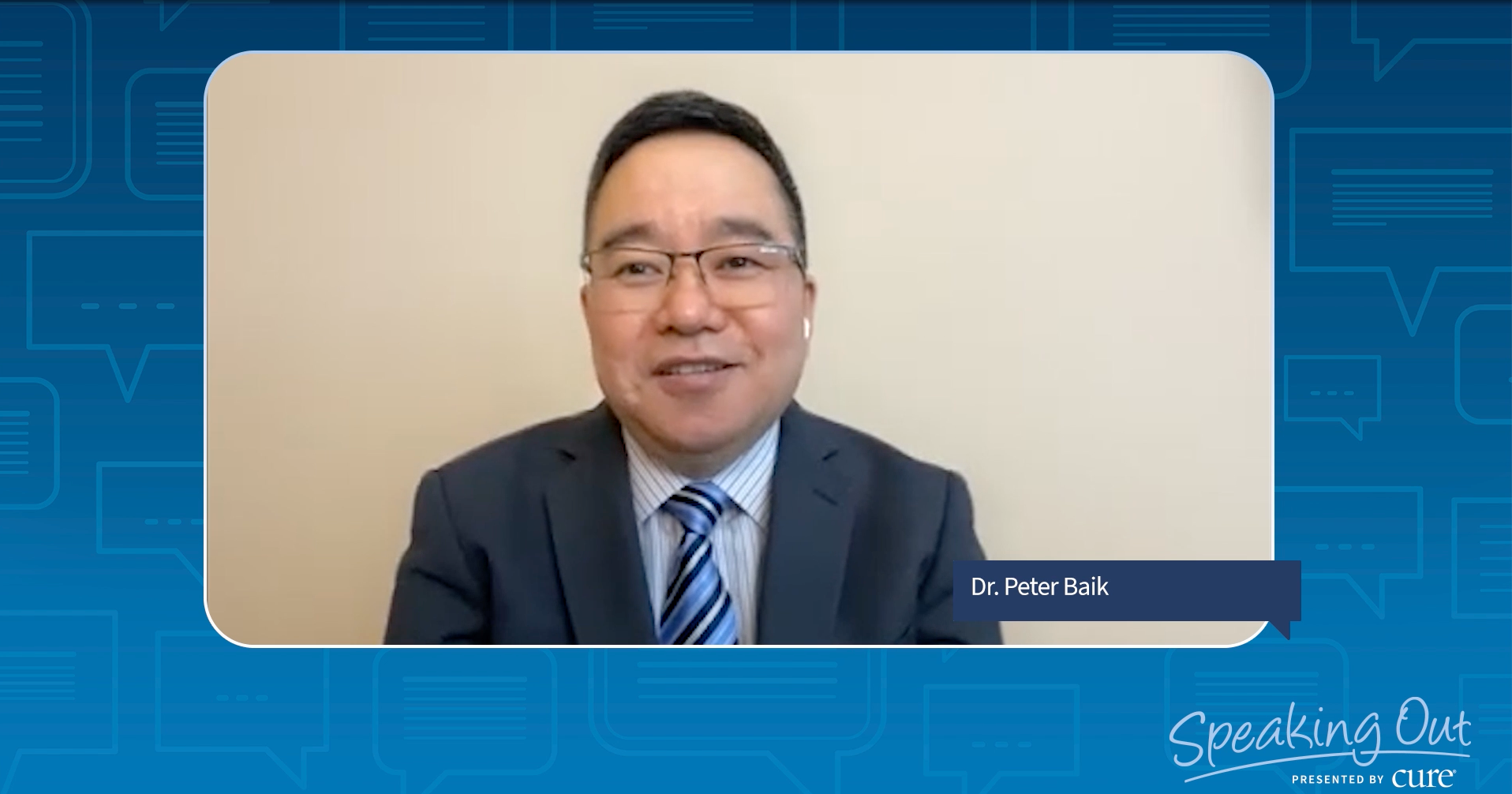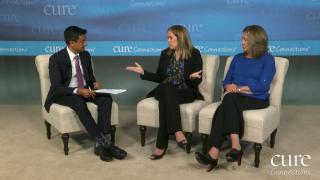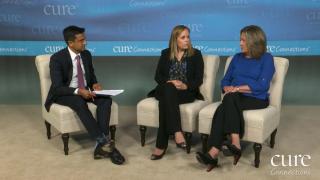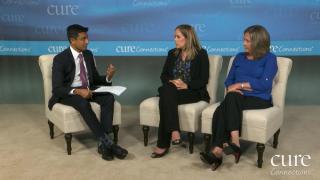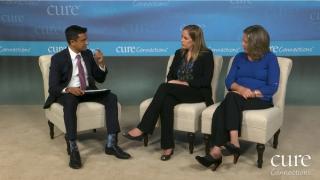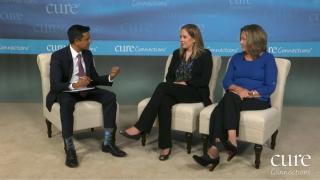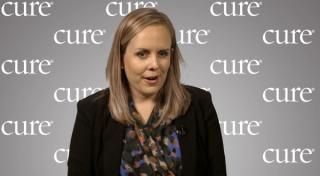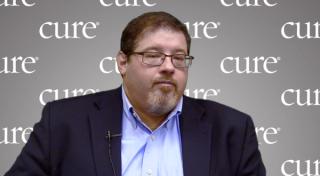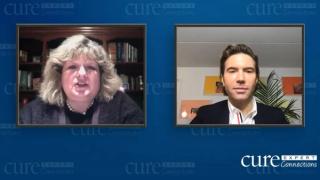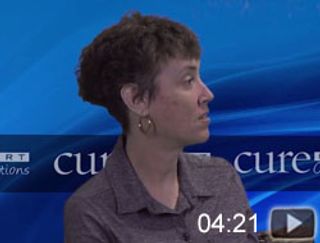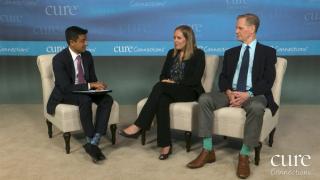
Lung Cancer
Latest News
Latest Videos

More News

The recent FDA approval of Libtayo for advanced non-small cell lung cancer added yet another option for the treatment of patients with the disease.

From “Star Trek” actors supporting the Pancreatic Cancer Action Network to Michelle Obama meeting with a sarcoma survivor and an update on Jane Fonda’s cancer, here’s what’s happening in the cancer space this week.

A 17-year survivor shares her experience of getting diagnosed with mesothelioma at 36, when people with this cancer are typically diagnosed at a much older age and given months to live.


Does lung cancer screening continue after a person is finished with treatment and moves in to the survivorship stage?

Identifying genetic mutations in lung cancer has allowed researchers to develop treatments that target specific biomarkers over the past 20 years, but more research is needed to further the space.
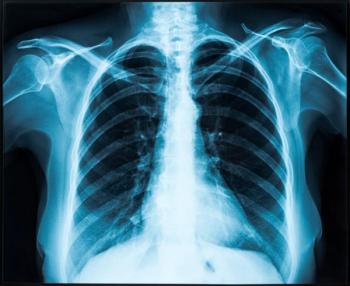
Patients should describe their symptoms in detail and seek early care for suspected lung cancer, especially since the disease may resemble pneumonia and bronchitis on imaging tests.

Light exercises, which can be done at home, may be beneficial for patients with lung cancer.

Imjudo, Imfinzi and chemotherapy improved overall and progression-free survival in certain patients with non-small cell lung cancer.
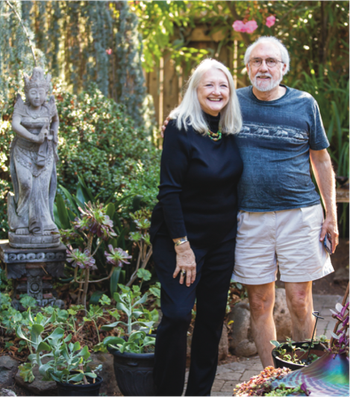
New treatments may stall lung cancer progression in patients with EGFR exon 20 insertion mutations.

The Food and Drug Administration approved Libtayo plus chemotherapy for certain patients with non-small cell lung cancer.

Tumors can spread from one lung to the other and beyond. How are possible cancer metastases diagnosed in early stages?
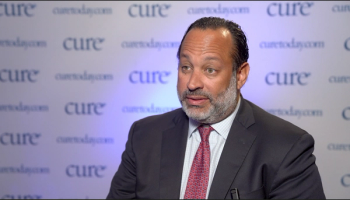
With advancements making a “huge difference” in lung cancer outcomes, one surgical oncologist said that offering his patients hope is the best part of his job.

A novel drug, MRT-2359, will be studied in a phase 1/2 trial for patients with MYC-driven cancers.

After being diagnosed with mesothelioma, I learned to advocate for myself, and realized that it was an incredibly important life skill to have.

Talking about the end of life can be difficult, but these conversations are crucial for patients with incurable cancer to have with their clinicians, experts say.
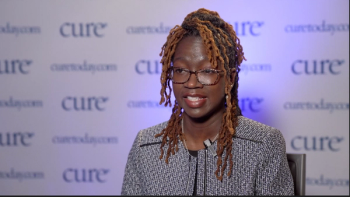
After receiving a life-changing lung cancer diagnosis, Alesha Arnold was inspired to give back to her community and improve the lives of patients with the disease.

A man shares how reading the footnote of a CT scan looking for heart disease alerted him to a mass in his right lung, leading to an unexpected diagnosis of lung cancer.
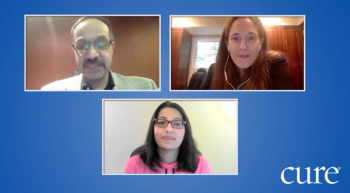
Watch Dr. Hossein Borghaei, Dr. Jessica R. Bauman and Dr. Devika Das answer questions about supportive care during the CURE Educated Patient Lung Cancer Summit.
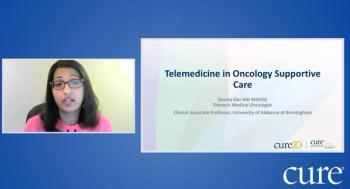
Watch Dr. Devika Das, from University of Alabama at Birmingham Medicine, discuss the benefits of telemedicine in cancer care during the CURE® Educated Patient® Lung Cancer Summit.
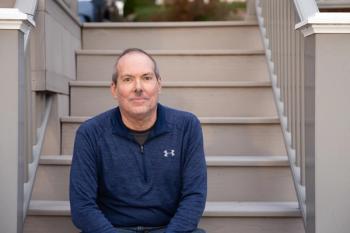
A man with lung cancer shares how learning about his EGFR exon 20 insertion mutation soon after being diagnosed has allowed him to be aggressive when pursuing a cancer treatment tailored to his rare mutation.
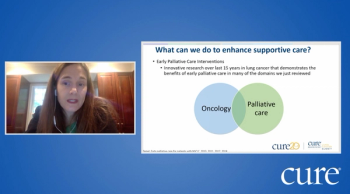
Watch Dr. Jessica R. Bauman, from Fox Chase Cancer Center, discuss palliative care during the CURE Educated Patient Lung Cancer Summit.

A clinical trial recently kicked off to study the effects of combining the novel drug BBP-398 plus Lumakras in patients with lung cancer that harbors a KRAS G12 mutation.
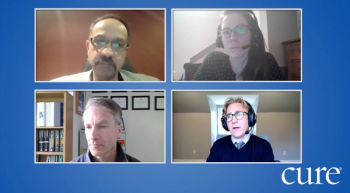
Watch Dr. Hossein Borghaei, Dr. David Gerber, Dr. Aaron S. Mansfield and Dana M. Haagen answer questions on the management of advanced/metastatic disease during the CURE Educated Patient Lung Cancer Summit.

Watch Dana Haagen, from Fox Chase Cancer Center, discuss clinical trials and how patients can join them, during the CURE® Educated Patient® Lung Cancer Summit.




